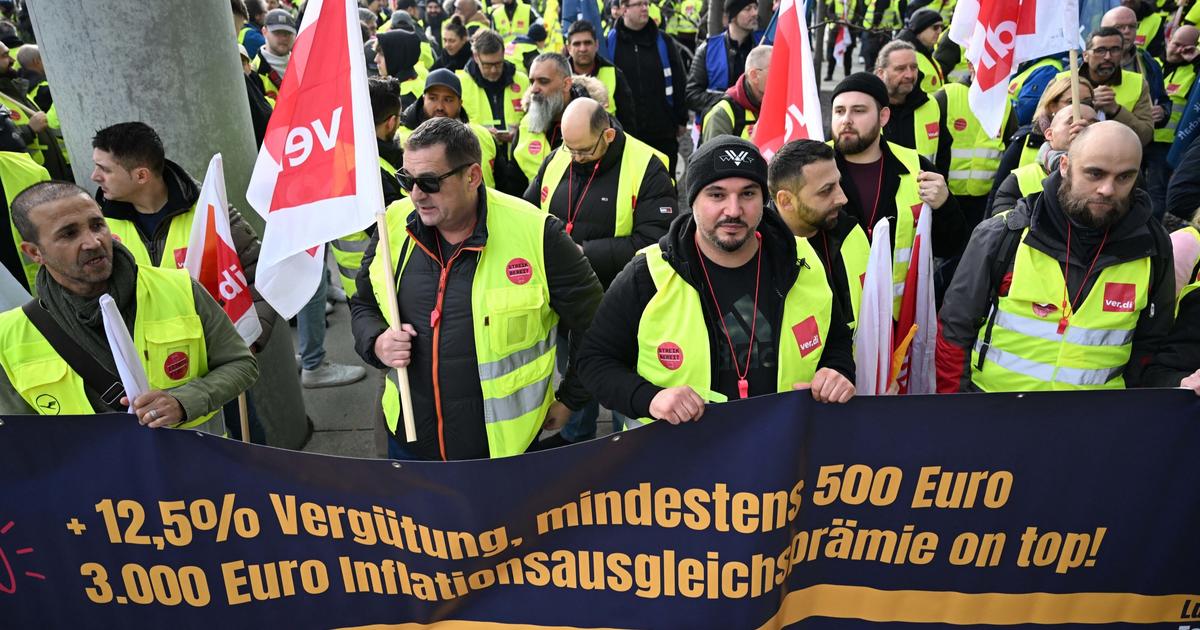Germany seems to be gradually abandoning its political culture of compromise. On Tuesday, German railways experienced their sixth strike in four months.
The day before, at the Council of European Ministers, the government of Olaf Scholz had to abstain from voting on the draft directive regulating the working conditions of ‘Uberized’ employees. At first glance these two episodes in national political life do not have much in common. They nevertheless demonstrate a weakening of what constitutes the historical marker of German democracy: its capacity to forge compromise.

